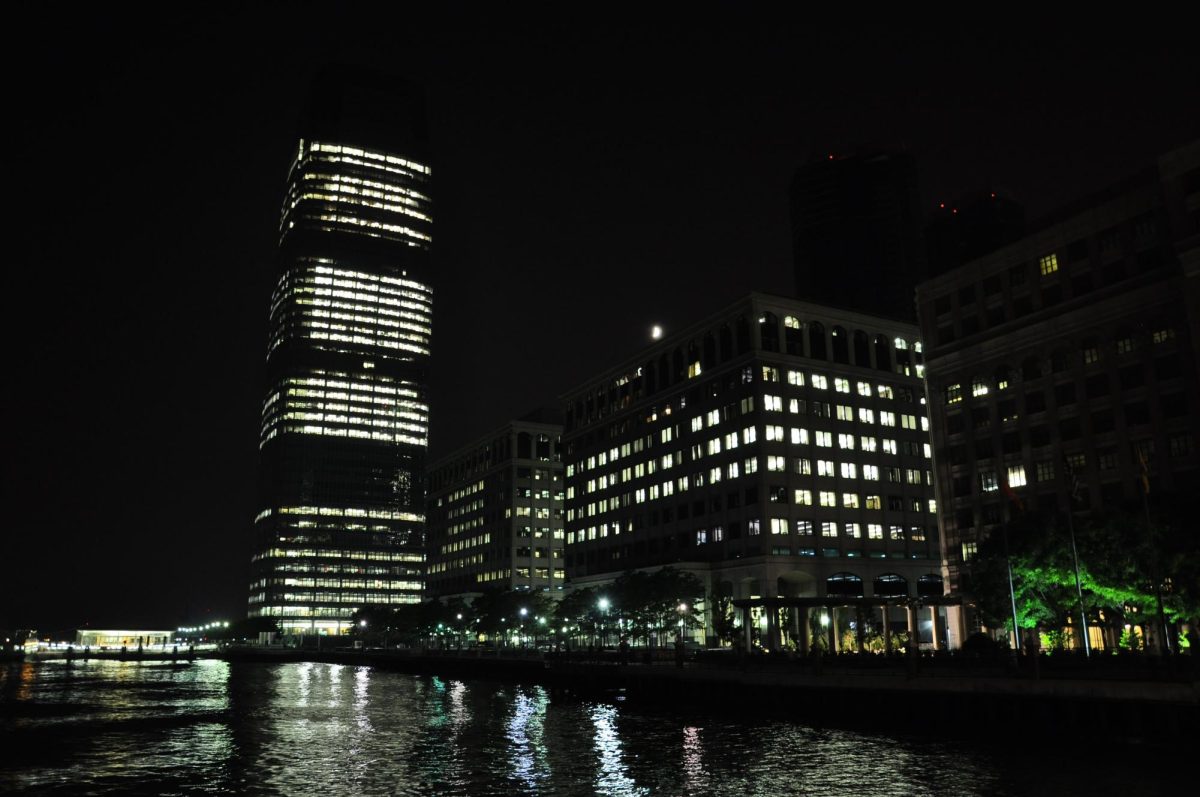WeWork, the once-booming office workspace startup, filed for Chapter 11 bankruptcy on Nov 6., setting the stage for a reorganization of the company’s obligations. Despite being buoyed by venture capital, the company suffered a series of setbacks ranging from a disastrous attempt at an initial public offering in 2019 to the COVID-19 pandemic devastating the office space market.
WeWork’s business model is based on providing trendier, more flexible office space for startups and businesses, eschewing the longer contracts typical of office tenants in commercial real estate for shorter arrangements.
The Ticker previously reported on WeWork’s attempts at restructuring, as well as what it could mean for real estate in New York City, in September.
As part of its pre-pandemic growth, the company expanded rapidly, signing multi-decade leases with landlords financed by low-interest rate debt.
That strategy proved precarious as it faced challenges in a post-pandemic environment of structurally lower demand for office space due to the shift to remote work combined with higher interest rates from the Federal Reserve’s battle with inflation. Those changes resulted in the company experiencing a flight of tenants while its obligations to landlords remained and its debts became more difficult to refinance, leading to the company’s insolvency.
“It’s a testament to how damaging near-zero interest rates are to the market mechanisms that allocate capital,” Erik Gordon, professor of business at the University of Michigan, said. “Near-zero interest rates make capital get allocated stupidly.”
As part of the bankruptcy, the company stated that it has wiped out $3 billion in debt while at the same time exiting or negotiating many of its building leases. The company plans to exit up to 69 leases, 41 being in New York City alone, while at the same time renegotiating hundreds of other agreements with landlords. However, the company has stated that operations for locations will continue as usual while the bankruptcy process continues.
Among the biggest losers in WeWork’s decline is Softbank, with the Japanese multinational firm losing over $14 billion as a result of its investment in the startup. For Softbank, WeWork represents only the latest in a long chain of failed bets on startups that have shaken faith in the multinational’s head, Masayoshi Son.
Earlier this year, in an attempt to remain afloat, WeWork made a debt-restructuring deal with Softbank, which resulted in Softbank converting $1 billion of its debt into WeWork equity.
While WeWork executives have expressed hope that restructuring the company’s obligations could allow it to transform into a profitable company, especially given its history of poor management, the company’s prospects remain dire. With interest rates expected to remain higher for longer, contributing to the commercial real estate market’s slump, WeWork may struggle with both high costs and competition in an oversaturated market.
“Going into bankruptcy — a Chapter 11 like this — is like open heart surgery, with the right doctors and surgeons, there’s a chance of success” Isaac Marcushamer, a bankruptcy lawyer at DGIM Law, said. “But it’s not risk-free, and every aspect of the company is going to be touched.”








